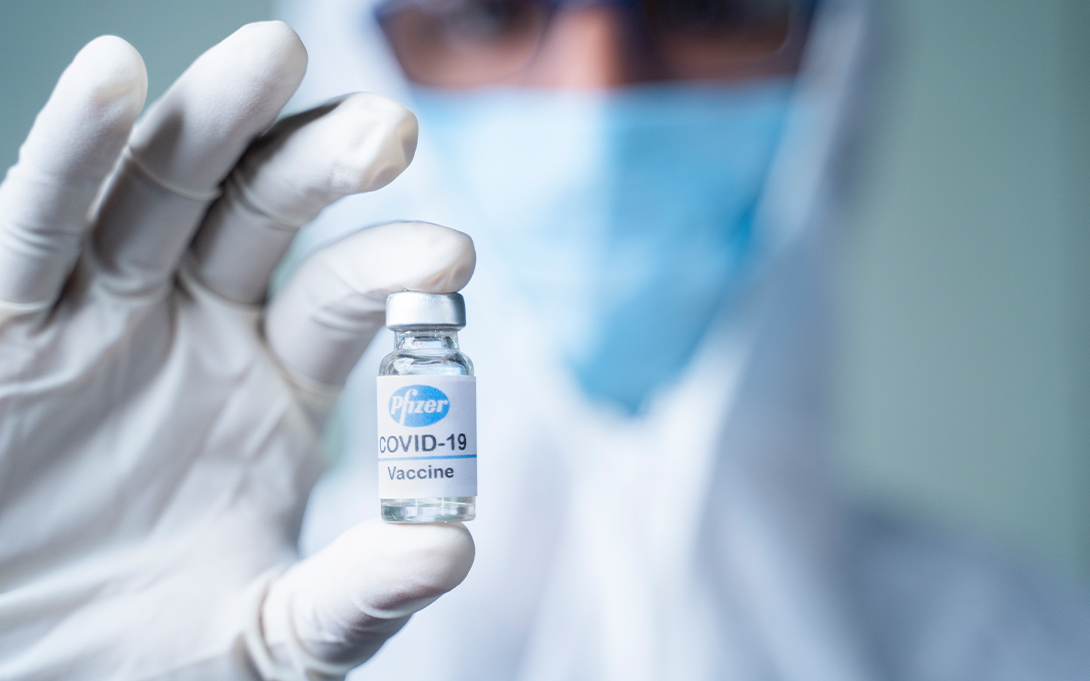
Ensuring global access to COVID-19 vaccines
Hopeful predictions estimate that by the end of 2021, only 10% of the world’s population will have received COVID-19 vaccines. Pfizer, Moderna, and other vaccine manufacturers can only produce so many doses at a time. Most of the first recipients will be in the United States and Europe, as these rich countries have used their purchasing power to get to the front of the vaccine line. And even once people in rich countries are vaccinated, many low and middle income countries (LMICs) will lack the resources to fully vaccinate their populations. This is profoundly inequitable, and especially problematic at a moment when the global pandemic has opened our eyes to the disproportionate hardships borne by the poor and historically marginalized communities of color. But it is solvable: generic drug manufacturers around the world—many in LMICs—are ready to produce COVID-19 vaccines, if only the World Trade Organization (WTO) adopts a proposal submitted by India and South Africa to waive intellectual property rights on COVID-19 vaccines and other technologies including some patents, trade secrets, and other tacit knowledge.

More information
Shobita Parthasarathy (2020). “Innovation Policy, Structural Inequality, and COVID-19.” Democratic Theory. 7(2): 104-109.
Shobita Parthasarathy (2017). Patent Politics: Life Forms, Markets, and the Public Interest in the United States and Europe. University of Chicago Press.
